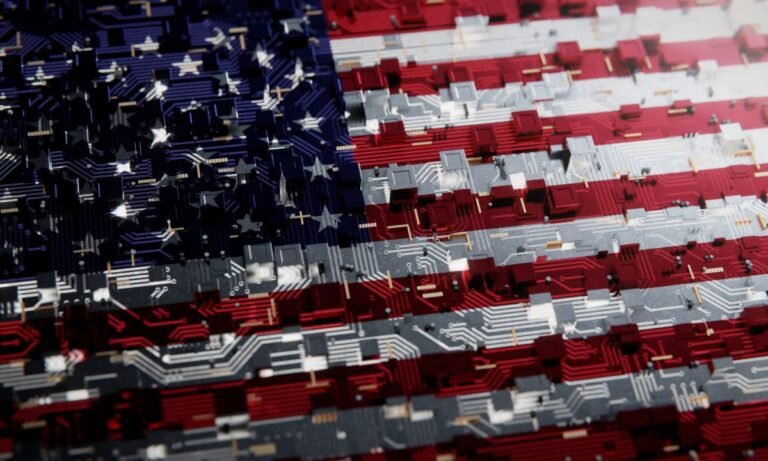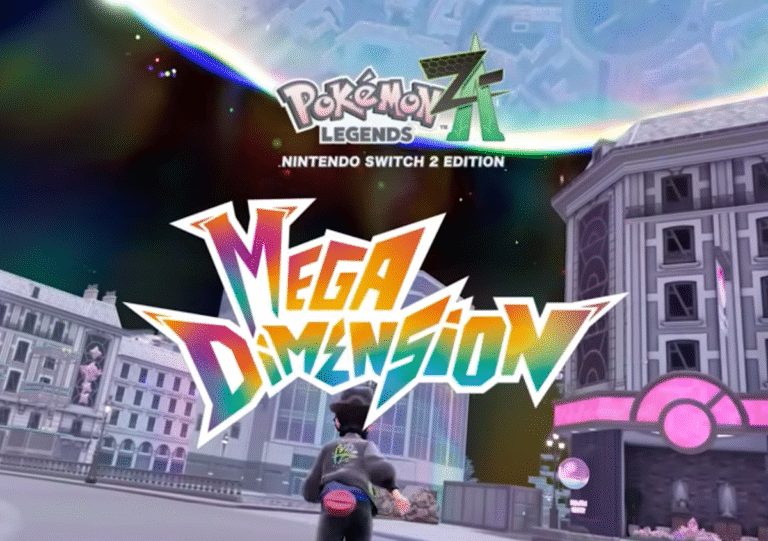NIH director: mRNA vaccine contracts were canceled because public lacks trust in technology
Helen Branswell covers issues broadly related to infectious diseases, including outbreaks, preparedness, research, and vaccine development. Follow her on Mastodon and Bluesky. You can reach Helen on Signal at hbranswell.01. The head of the National Institutes of Health has offered a new explanation for why the federal government canceled $500 million in contracts to help…
The head of the National Institutes of Health has offered a new explanation for why the federal government canceled $500 million in contracts to help develop messenger RNA vaccines, saying the platform is not viable because the public doesn’t trust it.
The agency’s director, Jay Bhattacharya, made the statement during an appearance on right-wing provocateur Steve Bannon’s podcast, “War Room,” that aired on Saturday. His rationale for the cancellation of the contracts does not align with the explanation offered last week by his boss, health secretary Robert F. Kennedy Jr., who said vaccines made using this platform were not effective and were unsafe.
The NIH director, who came to national prominence during the pandemic as a co-author of the Great Barrington Declaration — a policy statement urging the U.S. government to lift Covid containment measures — said the declining uptake of Covid boosters signals that the public isn’t willing to be immunized with mRNA-based vaccines.

This article is exclusive to STAT+ subscribers
Unlock this article — plus in-depth analysis, newsletters, premium events, and news alerts.
Already have an account? Log in






